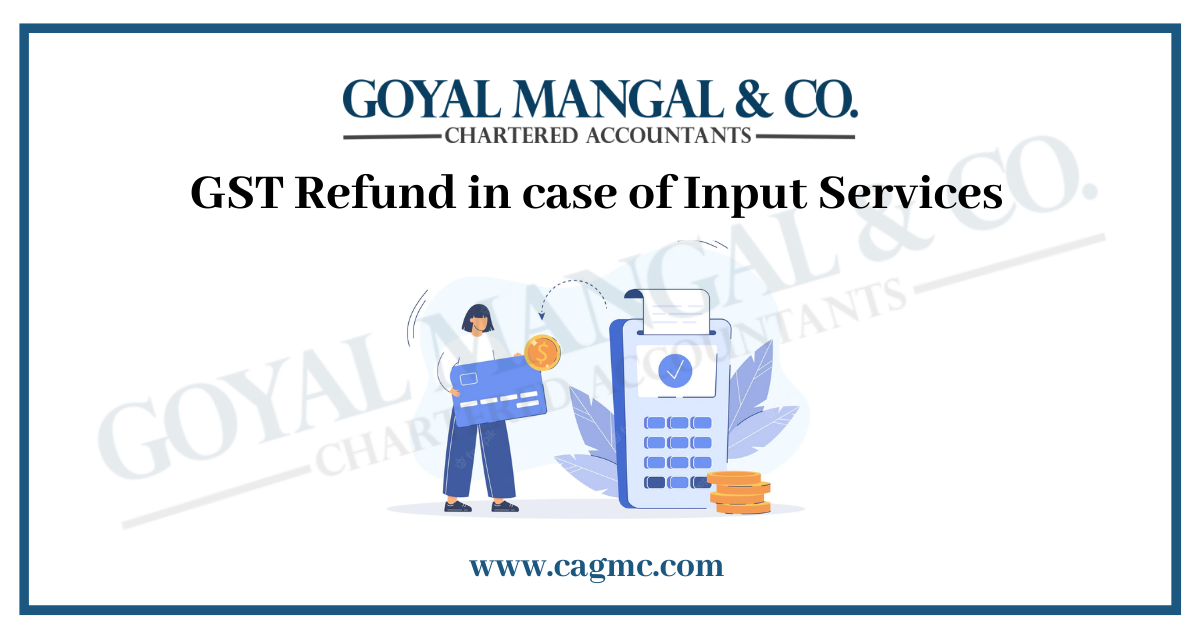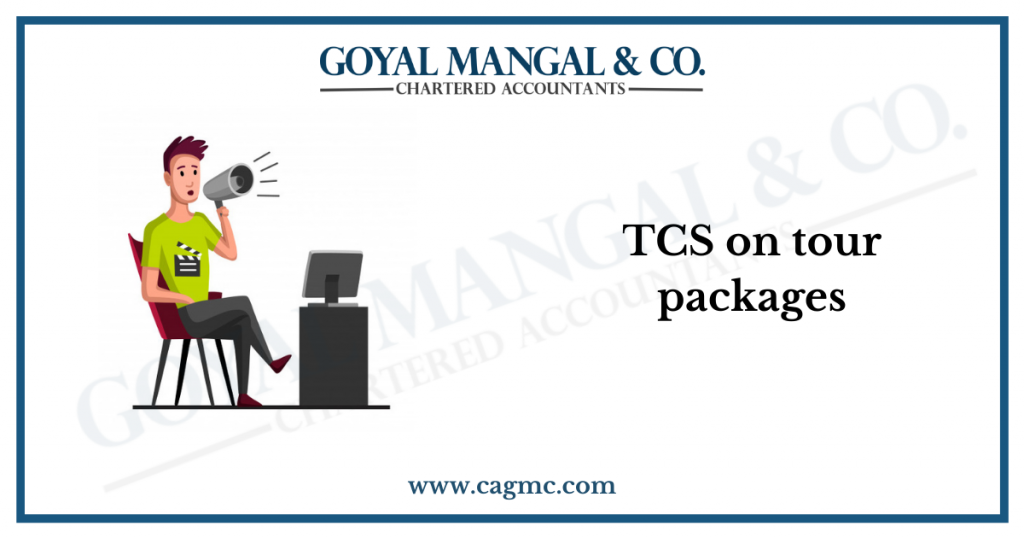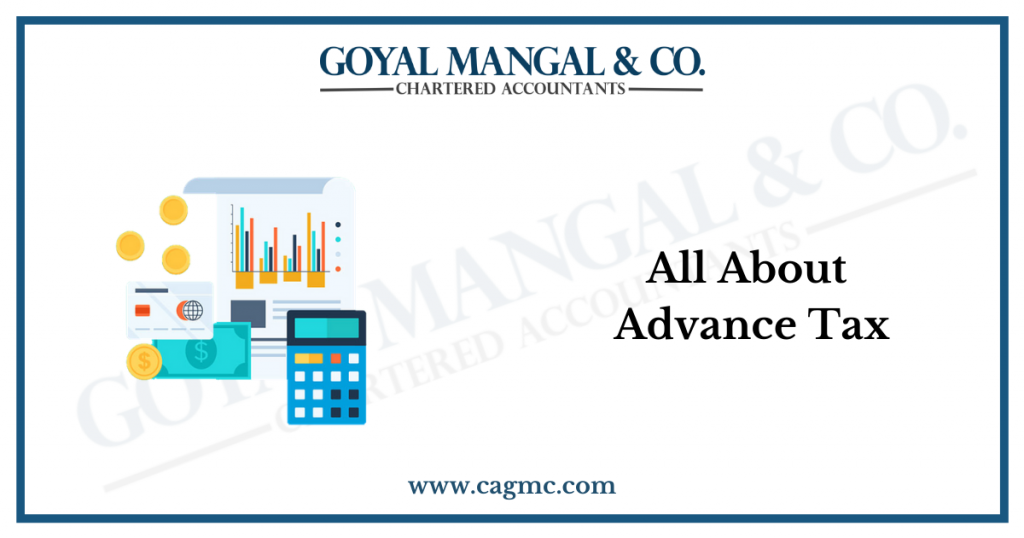
Under the GST, a taxpayer registered with the GST may claim a refund of any taxes and interest paid or any other GST amount by applying for a GST refund within 2 years from the due date. In this article, we look at the process of obtaining GST refunds and non-refundable input tax credit under GST in detail. This article focuses on the GST refund in case of input.
|
Table of content |
Introduction
The GST return for Income Tax Credit returns from the following 3 states: –
- Input Tax Credit that can be used when goods / services provided are zero or deducted from GST.
- Where goods / services have a higher tax rate and goods / services have a lower tax value.
- In the case of a deferred payment component, where the input tax credit can be fully utilized against the outgoing tax.
Tax rebates for inclusion in such cases will be provided in accordance with the following formula:
Maximum Revenue = {(Invalid Performance Rate) x (ITC Amount ÷ Amended Profit} – Taxes on limited supply of goods.
GST Refund Claim on Input Services U/S 54 of CGST Act, 2017
As provided for in section 54 of the CGST Act, 2017 no GST refund of unlisted ITC will be allowed in cases other than
- Zero rated supply made without tax;
- Where credit is collected on the basis of the tax rate on the input above the tax rate on the goods offered (excluding limited rated or not fully released).
According to the aforementioned section, it may come as GST refunds will be required only in two cases where it is in a position to provide zero rate and a distorted work structure.
- Zero rated supply: Under section 16 of the IGST Act, zero rating means any of the following supply of goods or services or both:
- Export of goods or services or both
- The provision of goods or services or both to the Special Economic Zone developer or the Special Economic Zone Unit.
- Export Properties: Under section 2 (83) of the CGST Act, the provision of taxpayers’ supply of goods or services or both, whether by sale, transfer, trade, exchange, license, lease, lease or liquidation or otherwise. a different mode, created or agreed to be created by a person with the concern of the next business.
- Inputs: Under section 2 (59) of the CGST Act, inputs provide any assets other than the capital used or plan to use them for the supplier for the future of the business.
- Input Services: Under Section 2 (60) of the CGST Act, Installation Services means any service available or intended for use by a supplier in business.
From the aforementioned definitions, the same came to the conclusion that GST refunds are only available if it is a zero-level condition or in the case of a tax rate on inputs exceeds the level of outbound supply.
The term used in the second case is input and not input services. The same applies to the category that no refund of input services will be made if the tax rate on the input service exceeds the tax rate on the output of goods or services or both.
The situations listed below where the same situation arises are:
- Output supply Rate: 5% / 12%: Input Service Rate: 18% – No Reimbursement for Input Services
- Output Supply Rate: 5% / 12%: Inventory rate: 18% – Reimbursement may be achieved for Inventory Goods
Types of Input Services where the input tax is 18%:
- Rental Service
- Technical service
- Employment Contract Service (Construction)
- Financial Services
- Legal and accounting services
- Maintenance and repair services
- Career services
Supreme Court on GST refund in case of input services
In the case of 14 complaints relating to the inclusion of the Income Tax Credit (ITC) in the input service in the tax-perverted structure under GST during the electronic refund process, the high court on Monday upheld the validity of Rule 89 (5) of the CGST Rules 2017.
- Justice Bench D.Y. Chandrachud and M.R. Shah issued the ruling, while dismissing a number of appeals, arising from decisions handed down by the Supreme Court of Gujarat and Madras.
- The high court however urged the GST Council to take a policy decision and reconsider the formula based on the ambiguity expressed by the inspectors in the calculation of tax credit included in the distorted tax structure
- Section 89 (5) of the CGST Rules provides for the calculation of ITC reimbursement for a distorted work structure.
- Section 54 (3) of the CGST Act prescribes the refund of unused input tax credit based on the formula provided in section 89 (5) of the CGST Rules. The revised formula does not include input resources in the ‘input tax credit’ range to calculate the refund.
- This rule was amended on April 18, 2018, with the possibility of effect, to ensure that unused ITC refund can be obtained only on inputs and not on in-service service.
Case laws VKC Footsteps India Pvt. Ltd. Vs. Union of India (Gujarat High Court)
Facts
In the current case, the taxpayer is involved in the manufacturing and supply of shoes under GST at 5%. Most inputs in business operations (e.g., artificial leather, etc.), and inputs (e.g., work services, shipping agency services, etc.), are below GST at 12% or 18%. As the GST level of performance in the input exceeds the GST level in the footwear exports, ITC accumulates.
The taxpayer challenged the Supreme Court of Gujarat to legitimize the constitutional provisions of the CGST Rules that exclude GST reimbursement for services imposed under the perverted service framework.
High Court decision
The Supreme Court held that based on a study of the provisions of the CGST Act, read with the CGST Rules, the definition of inclusion tax credit includes credit in respect of both inputs and input services. The purpose of the law is not to prohibit GST refunds paid for input services as part of the accumulated ITC. Circular No. 79/53/2018 – The GST issued by India’s Central Board of Indirect Taxes and Customs on 31 December 2018, which includes speculation on how to calculate ITC refunds accumulated under the perverted work framework, was deemed invalid.
The court agreed with the taxpayer and stated that the provisions of the CGST Rules limiting refunds to GST inputs associated with inputs under the distorted work framework were provisions of the CGST Act.
Tvl. Transtonnelstroy afcons joint venture vs union of India
The Madras Supreme Court ruled that there is no reimbursement for GST ITC on the basis of a distorted work framework.
The said decision comes in the wake of a verdict handed down by the Gujarat High Court in the case of VKC Footsteps India Pvt Ltd.
Conclusion
Taxpayers may require an additional ITC refund or tax credit included if certain conditions are met. First, the applicant must submit form RFD-01, with supporting documents, within the time limit provided under Section 54 of the CGST Act read with Rule 89 of the CGST Rules.


